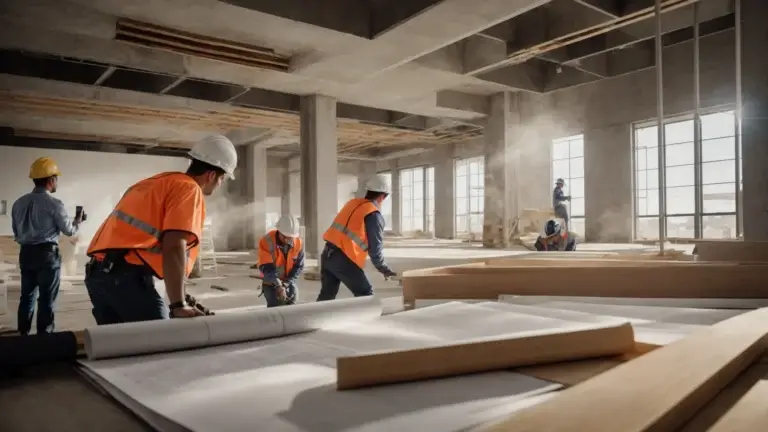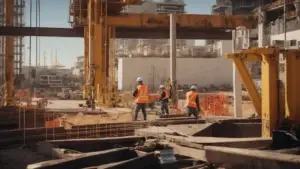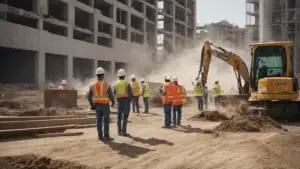Are you considering embarking on a commercial construction project in San Diego? If so, it is crucial to have a solid understanding of the complex web of laws and regulations governing this vibrant city’s construction industry.
From building permits and zoning regulations to safety standards and contractual obligations, numerous legal considerations can significantly impact the success of your project.
This overview will explore the key aspects of San Diego’s commercial construction laws, providing the necessary insights to navigate this intricate terrain.
So, let’s dive right in and unravel the intricacies of San Diego’s commercial construction laws, ensuring that you are well-prepared for the challenges.
Key Takeaways
- Building permits and zoning regulations are necessary for commercial construction projects in San Diego.
- Safety standards and inspections are crucial to maintain a safe work environment.
- Understanding contractual obligations and agreements is essential to avoid delays and legal consequences.
- Compliance with environmental regulations and prioritizing sustainability can benefit the project in the long run.
- Mediation and arbitration are potential methods for resolving disputes during construction projects.
Building Permits and Zoning Regulations
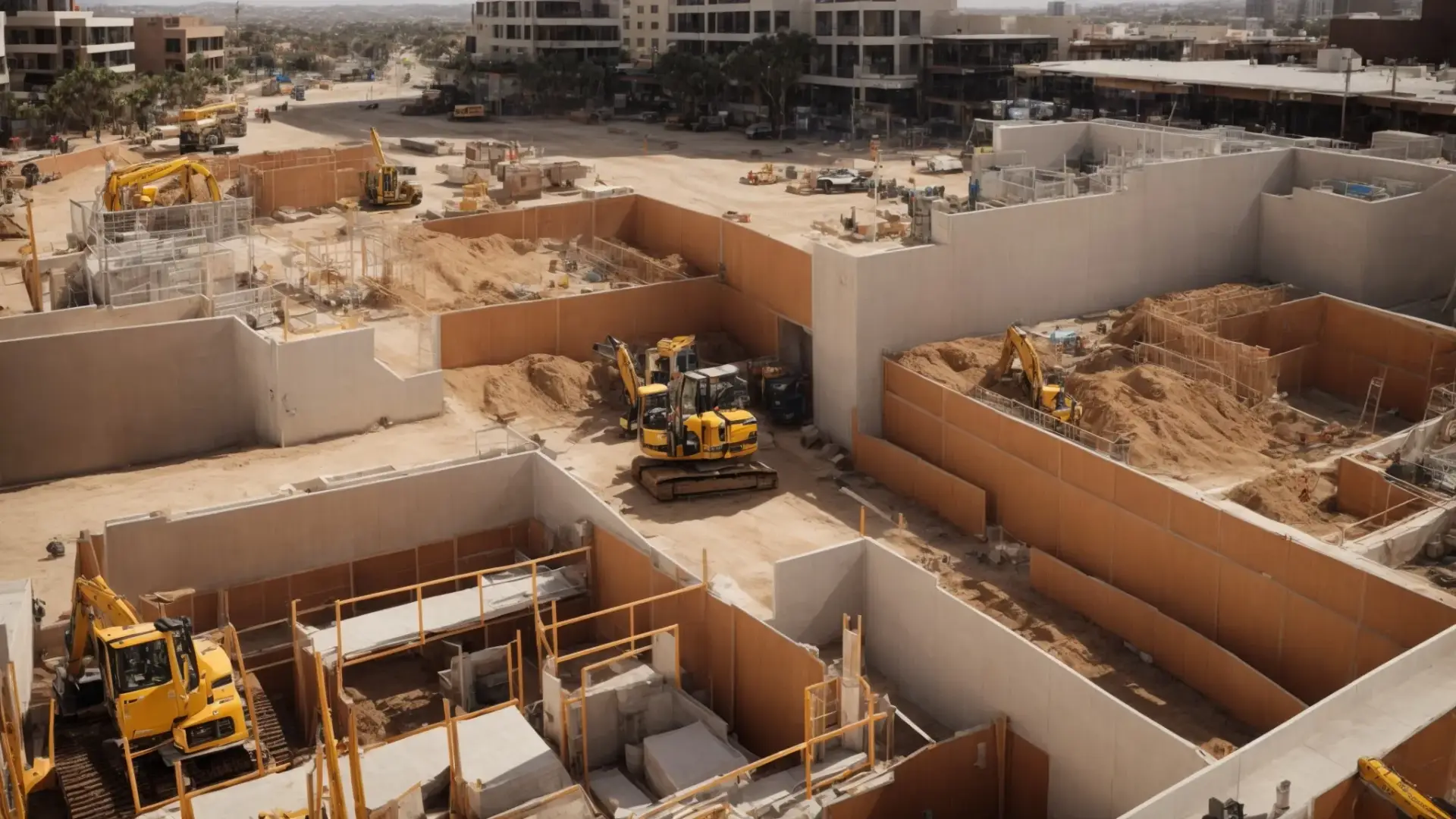
Before starting any commercial construction project in San Diego, it’s essential to familiarize yourself with the intricate process of obtaining building permits and adhering to zoning regulations.
The permitting process in San Diego involves several steps and can be time-consuming. First, you must submit detailed plans and specifications to the local building department for review. They’ll assess your plans for compliance with building codes and safety regulations. Once your plans are approved, you’ll be issued a building permit to proceed with construction.
However, it’s crucial to note that obtaining a permit doesn’t guarantee compliance with land use restrictions. Zoning regulations dictate how the land can be used and may impose restrictions on building height, setback requirements, and parking spaces.
It’s crucial to thoroughly research and understand these regulations to ensure your project meets all requirements.
Safety Standards and Inspections
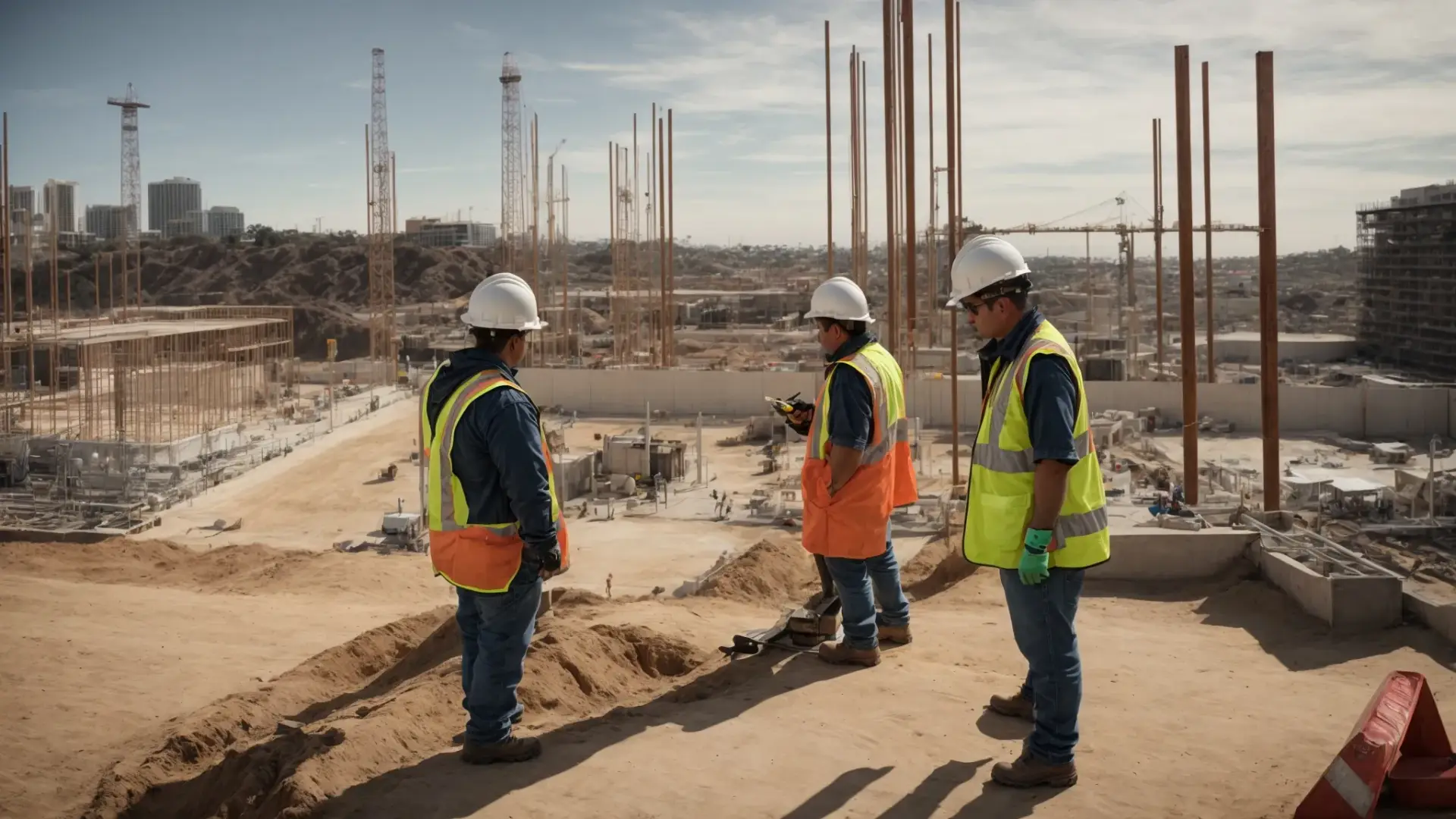
To ensure the safety of your commercial construction project in San Diego, it’s essential to adhere to the established safety standards and undergo thorough inspections throughout the construction process. Proper safety measures help prevent workplace hazards and protect the well-being of workers, visitors, and the surrounding community.
The Occupational Safety and Health Administration (OSHA) sets construction safety and compliance guidelines. Here are some key points to consider:
- Conduct regular inspections: Regular inspections help identify potential hazards and ensure compliance with safety regulations.
- Provide adequate training: Proper training and education on safety procedures and protocols are crucial for all workers involved in the construction project.
- Maintain a safe work environment: Implement safety measures such as fall protection, proper signage, and appropriate personal protective equipment (PPE) to minimize risks.
Contractual Obligations and Agreements

As you move forward with your commercial construction project in San Diego, it’s crucial to understand the contractual obligations and agreements that will govern your project’s progress and outcomes. These agreements outline the expectations and responsibilities of each party involved in the project, ensuring everyone is on the same page.
Performance expectations play a significant role in these contracts, as they define the quality and timeliness of the work. It’s important to clearly outline these expectations to avoid misunderstandings or disputes down the line.
Breaching these contractual obligations can have serious consequences, such as delays, financial penalties, or legal action. Understanding the potential breach consequences is essential for both parties to mitigate risks and ensure a successful commercial construction project.
Environmental Regulations and Sustainability
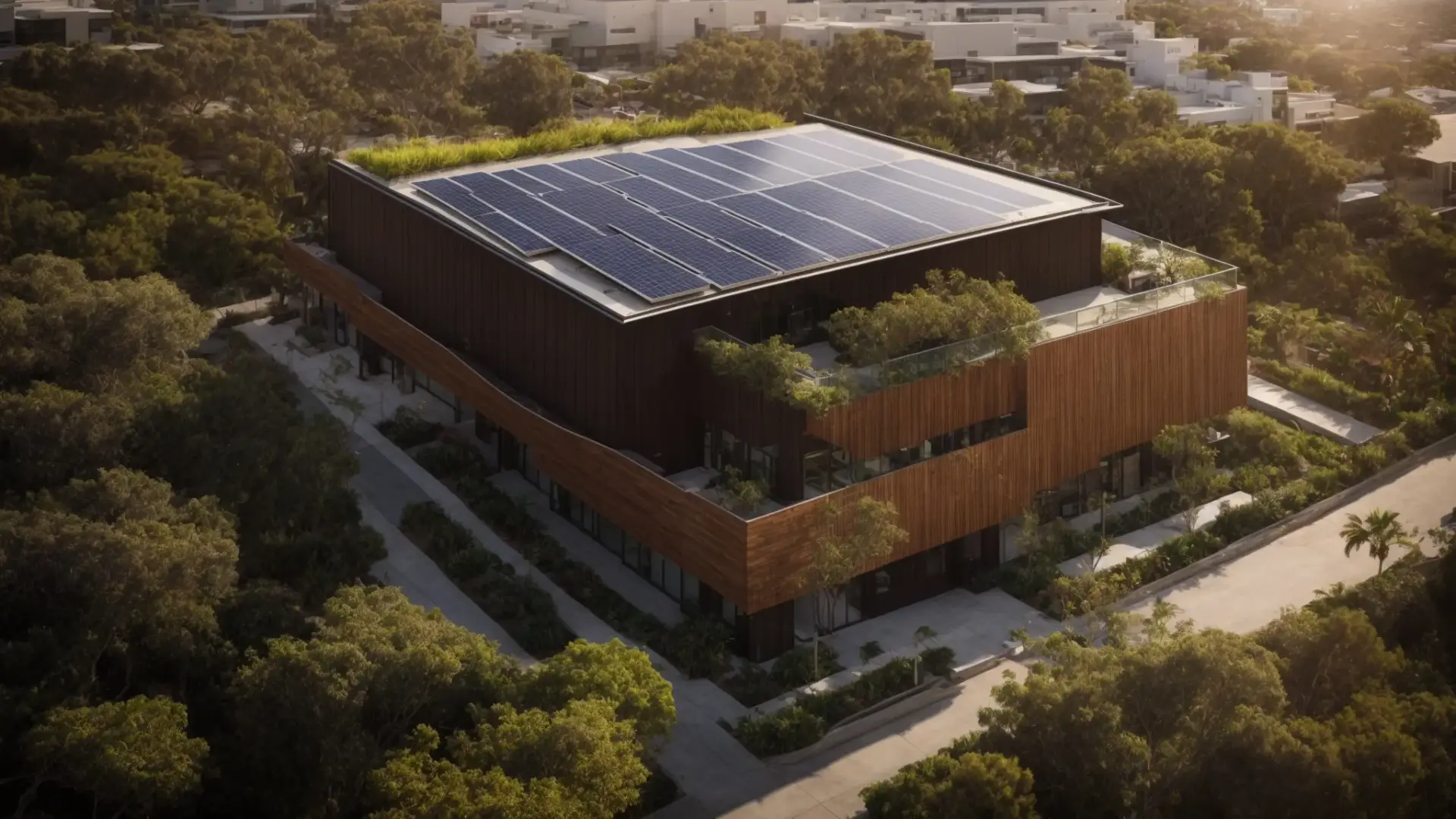
Implementing environmental regulations and sustainability practices is crucial for ensuring your commercial construction project’s long-term viability and success in San Diego. By incorporating green building practices and pursuing LEED certification, you can reduce the environmental impact of your project and benefit from numerous advantages.
Here are three key reasons why you should prioritize environmental regulations and sustainability:
- Cost savings: Green building practices, such as energy-efficient designs and materials, can significantly reduce your project’s operational costs over time.
- Enhanced reputation: By demonstrating a commitment to sustainability, you can enhance your company’s reputation and appeal to environmentally conscious clients.
- Compliance with regulations: San Diego has specific environmental regulations that must be followed, and adhering to these regulations can help you avoid legal issues and potential fines.
Legal Remedies and Dispute Resolution
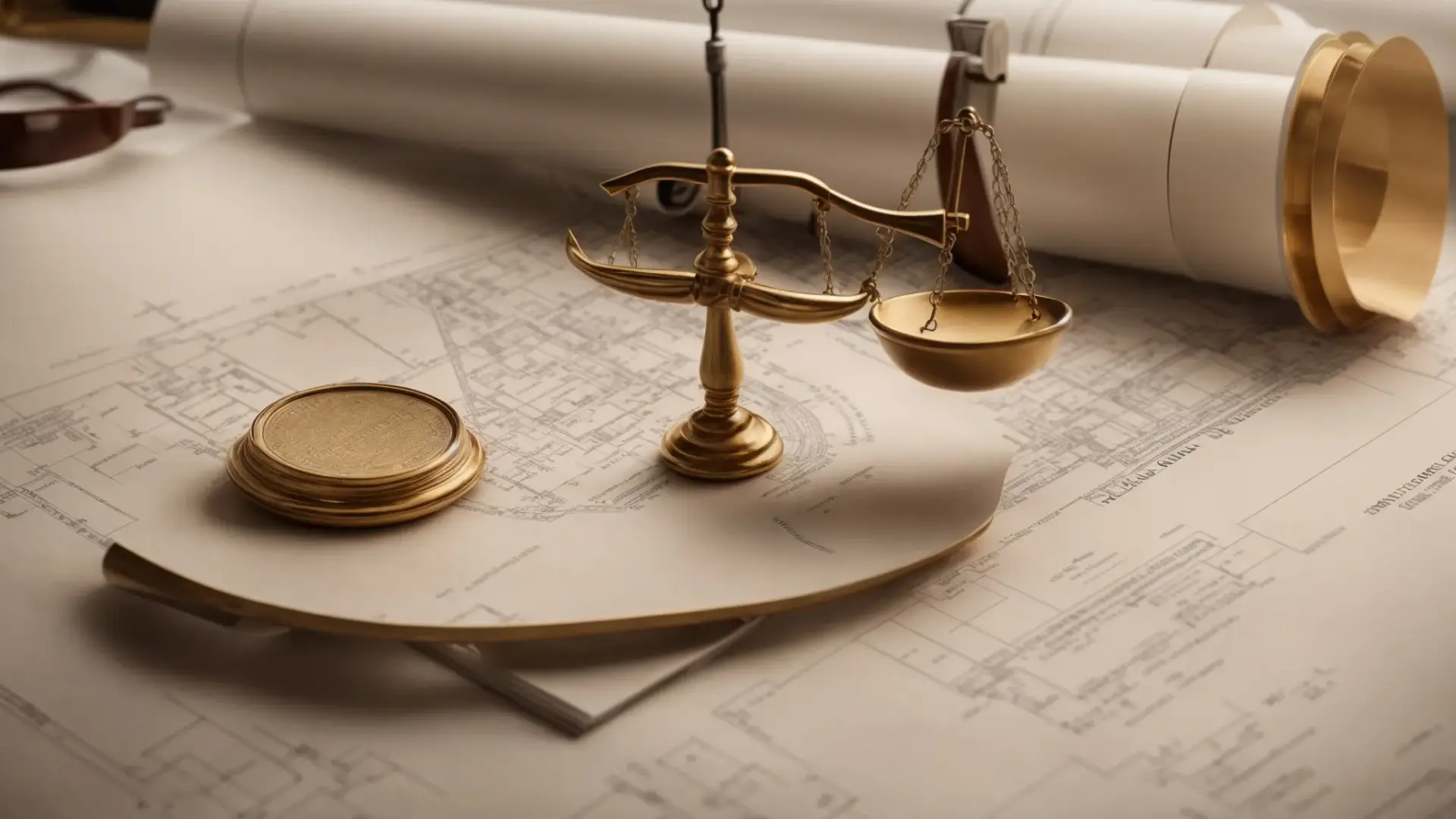
Legal remedies and dispute resolution are crucial in ensuring the smooth progress and successful completion of commercial construction projects in San Diego. When conflicts arise during a construction project, it’s important to have effective mechanisms to resolve them promptly and fairly.
Mediation is commonly used as a first step in the dispute resolution process. It involves a neutral third party who helps the parties in conflict reach a mutually acceptable agreement. This process allows for open communication and promotes a cooperative approach to resolving disputes.
Arbitration may be the next step if mediation fails to produce a resolution. Arbitration decisions are legally binding and can be enforced by the courts. This alternative to litigation offers a more streamlined and cost-effective process for resolving construction disputes.
Frequently Asked Questions
What Are the Penalties for Not Obtaining a Building Permit in San Diego?
You may face penalties if you don’t obtain a building permit in San Diego. The consequences of not obtaining a permit can include fines, stop work orders, and potential legal action. It is important to comply with the local construction laws to avoid these issues.
How Does the City Determine the Zoning Regulations for Different Areas in San Diego?
Determining zoning regulations for different areas in San Diego, the city relies on meticulous city planning. By analyzing factors such as population density, land use, and community needs, they create guidelines to ensure efficient and harmonious development.
What Happens if a Construction Site Fails a Safety Inspection in San Diego?
If a construction site fails a safety inspection in San Diego, you can expect strict consequences. San Diego construction inspection guidelines are in place to ensure compliance with construction site safety measures, protecting workers and the public.
What Are the Typical Clauses Included in a Commercial Construction Contract in San Diego?
When entering a San Diego commercial construction contract, you can expect to see typical clauses such as payment terms, project timelines, change orders, dispute resolution, and indemnification provisions. These clauses protect both parties involved in the construction project.
Are There Any Specific Regulations in San Diego That Promote Sustainable Construction Practices?
The County of San Diego has established incentive programs, policies, ordinances, and guidelines to promote green building design and construction. [1]

